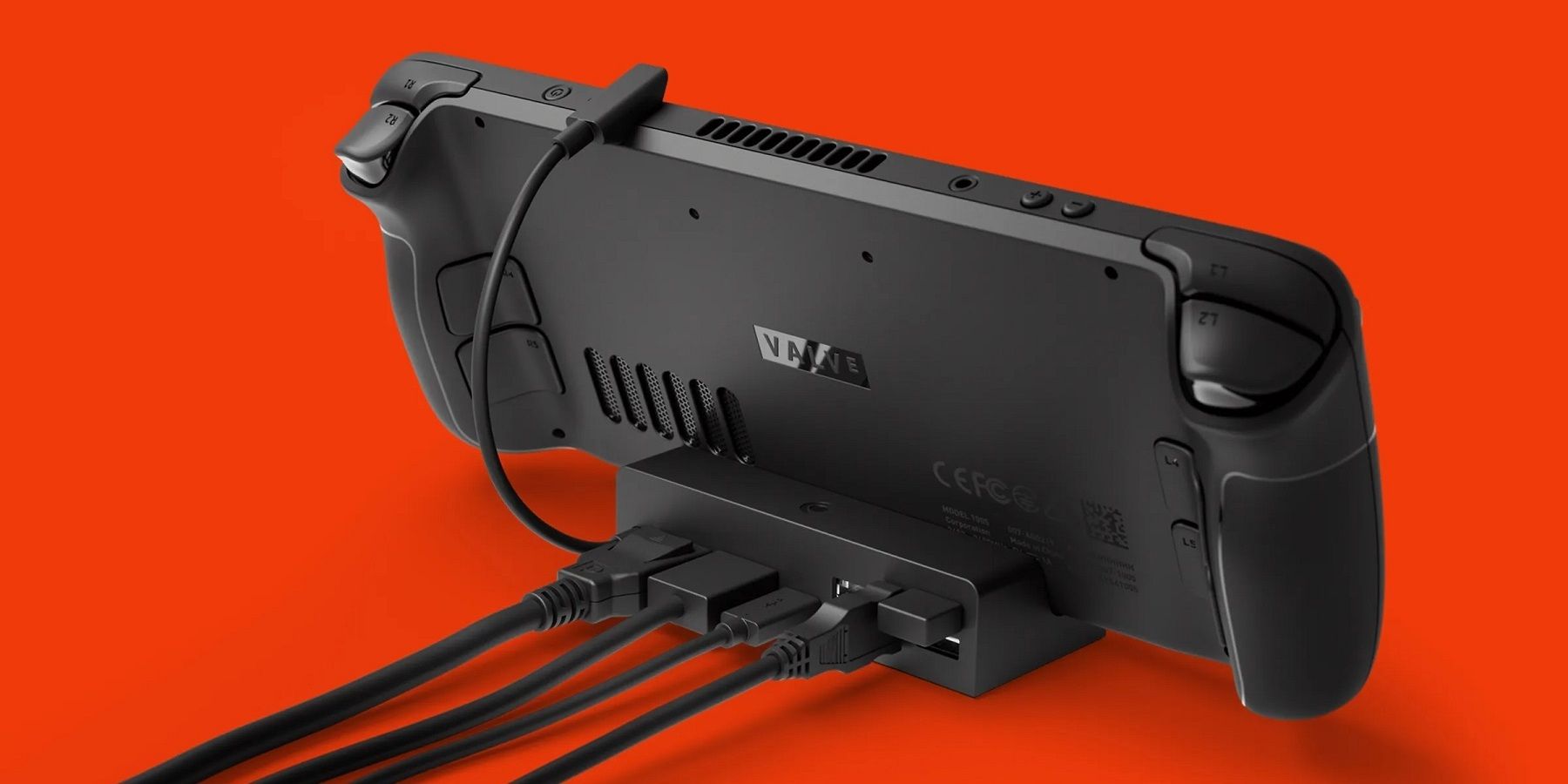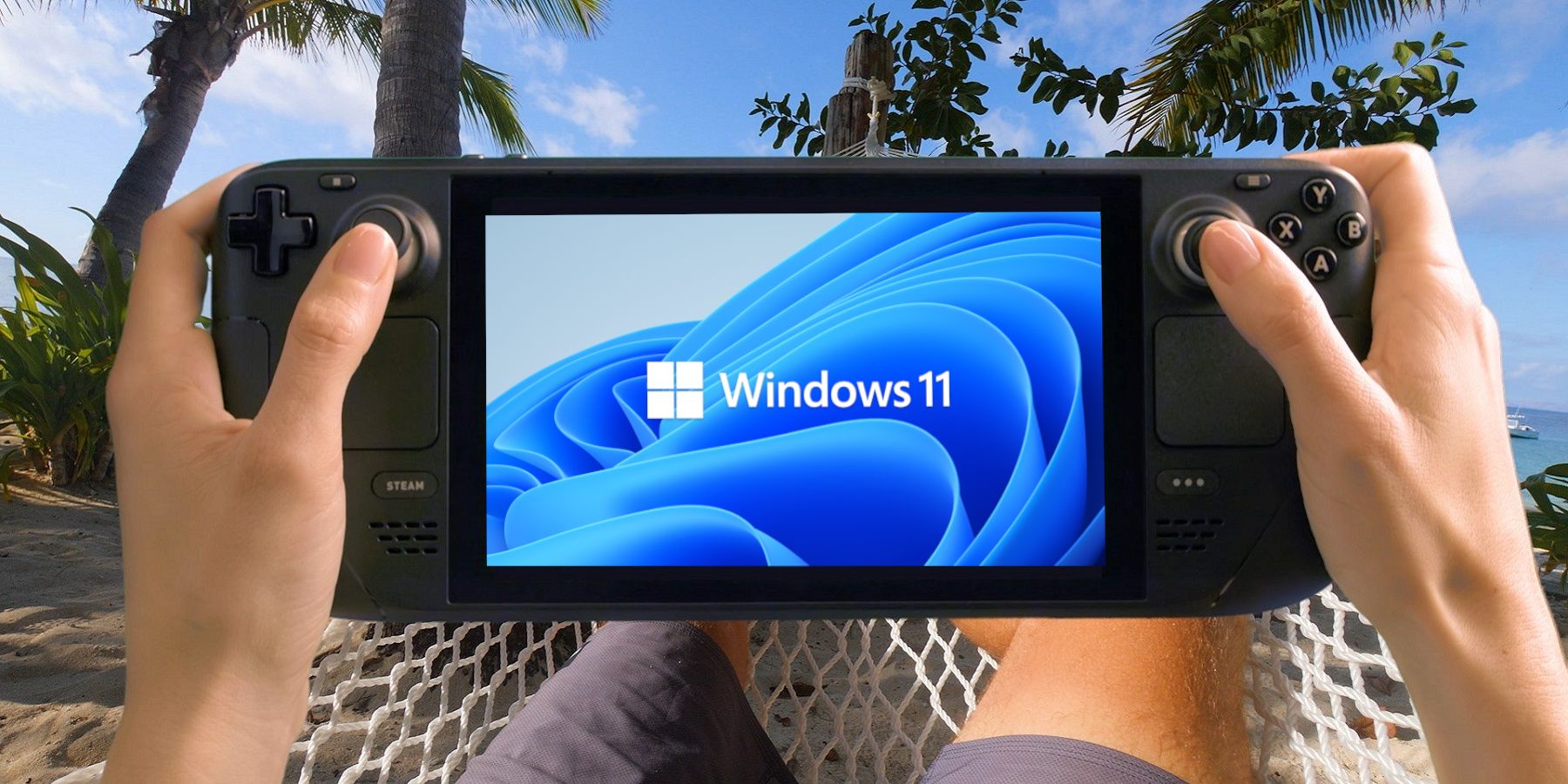It's clear that Valve is banking heavily on SteamOS 3 being a successful and widely adopted gaming OS via the success of its Steam Deck handheld gaming PC. Still, the company isn't dissuading anyone from installing Windows on the Deck, if they prefer, and there's even some amount of official support coming as of late.
While Steam Deck users are still missing out on some of the device's key features if they end up installing Windows on it, Valve isn't about to leave them out to dry. In fact, the company just recently released a key suite of audio drivers for Windows users, bolstering the Deck's support for Microsoft's core operating system across the board.
While Steam Deck has supported Windows for some time now, various aspects of the operating system weren't fully up to par or usable at all. Audio, for one, seems to have had a variety of problems that users couldn't fix themselves, and it was up to Valve to decide if they would do so. Windows fans will be thrilled to hear, then, that Steam Deck now has official Windows audio drivers ready and available for download.
However, Valve does still recommend users to stick with Windows 10 over Windows 11 for the time being, due to the newer Microsoft OS needing a different BIOS version than is currently available. The release of audio drivers for Windows marks a major checkpoint in Valve's support for different operating systems on the Deck, and the majority of interesting features, such as Steam Deck's 40Hz refresh rate cap, should now be readily available on Windows as well.
It is, of course, worth keeping in mind that using Windows on Steam Deck leads to performance drops. Users that want to get the smoothest and most efficient experience possible might want to stick with SteamOS 3, then. There's also the matter of getting support from Valve. The company announced that its Windows drivers are provided as-is, which means Windows users won't be able to rely on the official support channels should something go awry.
The fact that Valve is providing official software releases for a competing operating system wasn't a given, but the company's goals aren't too difficult to decipher. Steam Deck may have already boosted Linux gaming more than anything that came before it, and Valve is certainly going to try and position SteamOS 3 as a gaming-focused Windows competitor. Whether it ends up being successful, however, is a different can of worms.
Source: Valve


